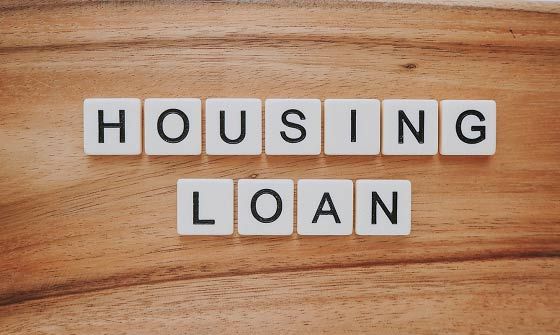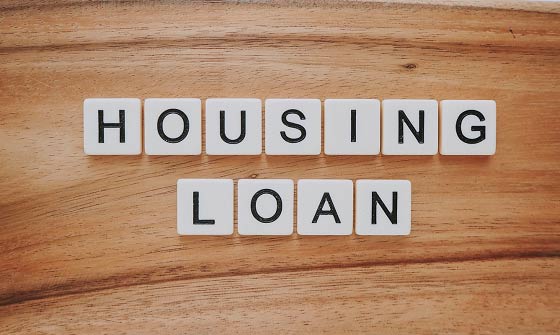
Does My Mortgage Have a Prepayment Penalty?

Owning a home is the epitome of the American dream; however, dealing with monthly mortgage payment can be a hassle for everyone. If you’re interested in paying off your mortgage early and are tired of dealing with fixed monthly payments, you should consider paying more on your loan principal monthly to pay it off sooner.
Things to consider in regards to your mortgage
Before you pay off your mortgage, you should consider whether your mortgage contract has any prepayment penalties. Prepayment penalties are stipulations in mortgage contracts that restrict you from paying more than your principal loan amount within a calendar year.
Not all mortgages have prepayment penalties attached to them; however, it’s essential to verify your mortgage’s exact terms before making extra monthly payments to ensure you won’t face any harsh penalties. If you’re interested in paying off your mortgage early but want to make sure you won’t face stiff penalties, continue reading to find out more.
Does my mortgage have a prepayment penalty?
First, understand that mortgage lenders make money by charging you interest, the sooner you pay off your mortgage in full, the less money they make. This is the sole reason why many lenders charge prepayment penalties to borrowers who attempt to pay off their mortgage sooner than expected.
Now that you know precisely why mortgage lenders charge prepayment penalties, it’s time to get into the details about how to determine if your mortgage comes with any of these penalties.
Prepayment penalties come with conventional mortgages, VA loans, and FHA mortgages, don’t tend to come with many strict repayment penalties. Repayment penalties don’t come standard every time you pay more than the principal loan amount. In rare instances, repayment penalties occur once you reach up to 20% over your initial loan amount.
This isn’t true with all mortgages, so you need to check the specific terms of your mortgage before being able to assess if you’ll face repayment penalties. To identify if you will face prepayment penalties from paying more than your required monthly payment, check your monthly mortgage statements.
USDA and student loans are also exempt from prepayment penalties due to regulatory stipulations.
Understanding all the rules of your mortgage agreement
If you plan on refinancing or selling your home soon, you need to aks the lender to go over the details of your repayment responsibilities. As them exactly what would trigger the fee and how you can avoid it. While repaying your mortgage sooner than expected can feel like a relief off your shoulders, if your mortgage contract has repayment penalties, it’s essential to educate yourself about the intricate details.
People Also Ask
Q: How do I know if I have a prepayment penalty on my mortgage?
A: you can find out if your mortgage has a prepayment penalty or not by looking at your monthly statement. You can also use your loan closing papers to see if there are any disclaimers about prepayment penalties.
Q: Does my loan have a prepayment penalty?
A: prepayment penalties are quite familiar with conventional loans; this isn’t true with FHA os VA loans. Read over your loan closing payments to get a clear understanding as to whether or not your mortgage contract has any prepayment penalties attached to it.
Q: Do you get Penalised for paying off a mortgage early?
A: if you have prepayment penalties attached to your mortgage, yes. Most lenders allow you to pay up to 10% more than your principal loan amount within a calendar year without facing any prepayment penalties.
Understanding the answer to, “Does my mortgage have a prepayment penalty?”
Use all of the information in this article to find out exactly how much more than your principal loan amount you’re allowed to pay on your mortgage. As long as you take the time to review your mortgage contract’s details, you will be able to determine the most efficient way to pay down your mortgage. For more information contact Altitude Home Loans today.